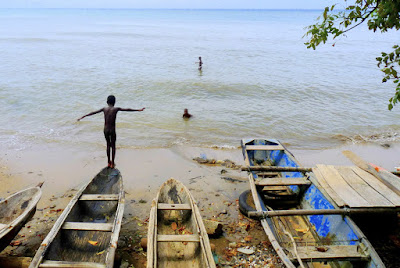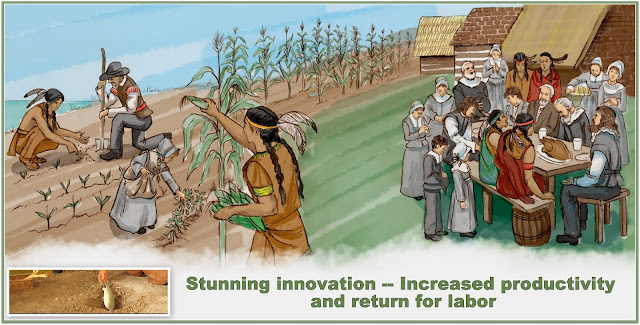 |
| Census.gov (1)(2) |
So things have become more difficult. Not for everyone, but certainly for those at the margin of economic viability. Between 2006 and 2010, another ten million Americans dropped below the poverty line. Who did this?
2014 Income
- Household income over the past seven years is 6.5 percent lower than in 2007, the year before the nation entered the most recent economic recession. (ref)
The Great Recession was the result of twenty years or so of regulatory reform purchased by big business. The triggers were corrupt practices by the finance industry and Wall Street. Predatory lending, fraudulent securities, and failed government oversight, all on top of Greenspan's assurances that no one would lose so much as one dollar. Crooked from start to finish, from Congress and the Fed, to S&P, to AIG and JPMorgan Chase and Bank of America, and the revolving door at the SEC, all crooked, and the cost worldwide in human lives has been devastating.

Workers have 30% less buying power today than in 1968. If the minimum wage had kept up with employee productivity, it would be $16.54 per hour instead of $7.25.
Conditions for workers have gotten worse since the recession. While 21 percent of job losses since 2008 were considered low-wage positions, 58 percent of jobs added during the recovery were considered low-wage.
The U.S. is the world's wealthiest country yet one in five of our children live in poverty. Thirty-one OECD countries have less child poverty than we do, and we're 35th down the list for total population poverty. There are so many things about that that are just wrong. Morally, ethically, logically wrong.
As we make our way toward yet another presidential election and the cascade of lesser political positions that ride in on the attached coattails, it would be interesting if the public debate had something helpful to say on the subject. Only Bernie Sanders has made the attempt so far. The rest of the candidates have passed over the issues rather pointedly.
Despite minor improvements since the 1960s, America's poverty-fighting efforts remain an international embarrassment.
 Other developed countries do far more to reduce deprivation in absolute and relative terms, while coincidentally enjoying far greater family stability.
Other developed countries do far more to reduce deprivation in absolute and relative terms, while coincidentally enjoying far greater family stability.Our current national economy is the product of conservative constraints. We resist government involvement and regulation in business, we oppose taxation on business transactions, and we support the free market determination of trade practices. All are rationally defensible, and the results are impressive if only for the wealthiest ten percent. The last half-century has in fact left the bottom 90% behind in virtually every category of benefit, and the GAP has become deadly. So how might we mitigate the harm we've done with such freedoms?
“The idea that so many children are born into poverty in the wealthiest nation on Earth is heartbreaking enough,” the president said. “But the idea that a child may never be able to escape that poverty because she lacks a decent education or health care, or a community that views her future as their own, that should offend all of us.”

















